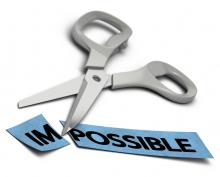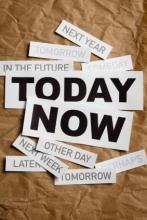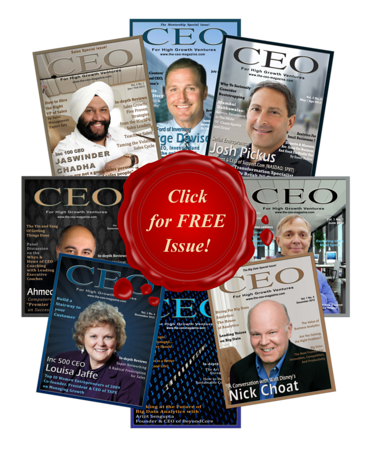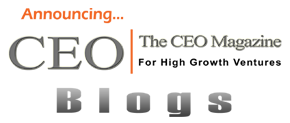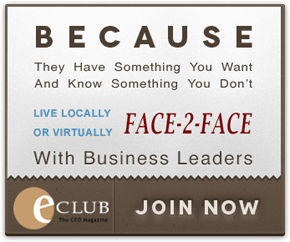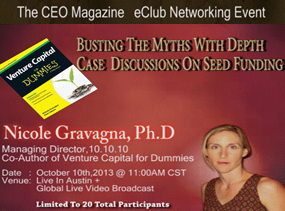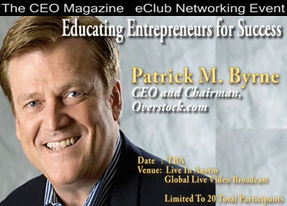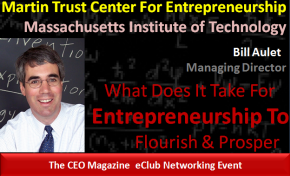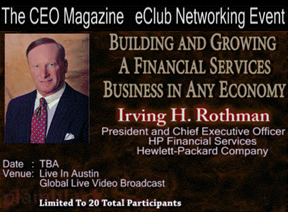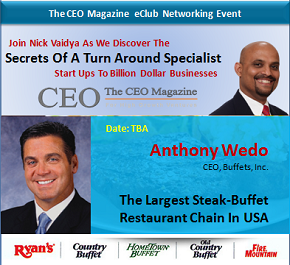You are here


Dan & Kieran
Dan Gregory & Kieran Flanagan are behavioral researchers and strategists, specializing in behaviors and belief systems. They have won business awards around the world for Innovation, Creativity and Return on Investment working with such organizations as Coca-Cola, Unilever, News Corp and the United Nations in Singapore
Follow The Blog
Blog Categories
- Business Ops. (45)
- Editors (3)
- Entrepreneurship (196)
- Finance (25)
- Leadership (529)
Blog Authors
- Guest Blogger (835)
- Cynthia Kay (92)
- Linda Henman (78)
- Dianna Booher (46)
- Craig Ross (31)

